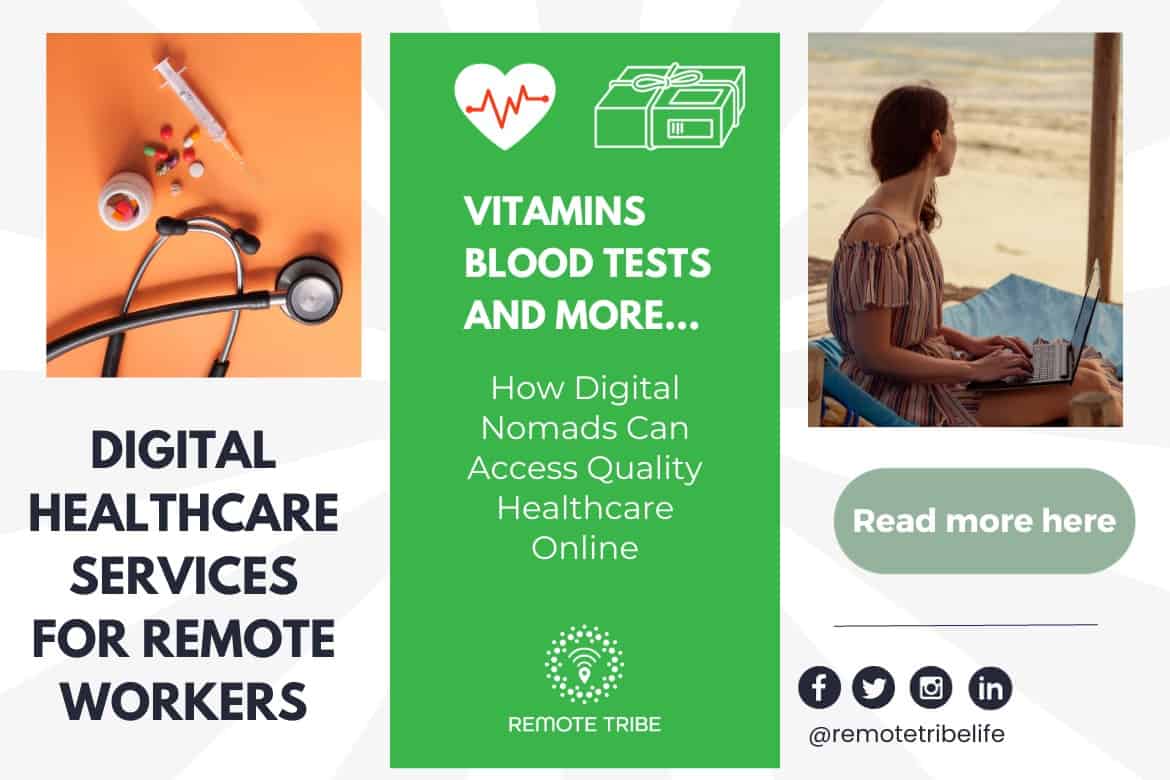The Influence of Subscription Based Healthcare on Standard Clinical Practices
The Influence of Subscription Based Healthcare on Standard Clinical Practices
Blog Article
Comprehending the Cost-Effectiveness of Subscription-Based Healthcare Designs
As the health care landscape progresses, subscription-based designs emerge as a compelling option, guaranteeing to redefine exactly how people take care of clinical expenditures. Reviewing these versions' cost-effectiveness demands a nuanced contrast with traditional insurance coverage, considering both economic implications and client fulfillment.
Review of Subscription-Based Models
Subscription-based medical care models, sometimes described as straight health care or concierge medication, are significantly gaining attention as a prospective solution to inefficiencies within typical medical care systems. These versions operate the concept of offering people direct access to doctor via a annual or monthly cost, bypassing the requirement for typical insurance policy devices. This arrangement intends to improve patient-provider communications by minimizing administrative worries, which usually prevent tailored and prompt care.
At the core of subscription-based versions is the focus on a much more personalized individual experience. Patients gain from enhanced access to their physicians, commonly including next-day or same-day appointments, prolonged appointment times, and direct interaction networks such as phone or video phone calls. This version fosters a positive approach to health care, where carriers and patients can collaboratively concentrate on preventative treatment and persistent disease administration.

Price Contrast With Standard Insurance

One of the key monetary advantages of subscription models is openness in expenses. Conversely, traditional insurance might be much more beneficial for people calling for specialized care or expensive therapies not covered under a membership model, as they profit from the wider coverage network and cost-sharing devices.
However, cost-effectiveness is context-dependent. While membership models may offer financial savings for those mainly requiring health care, individuals with persistent conditions or specialized health care needs could find typical insurance coverage extra extensive. Therefore, examining specific health care needs and potential usage is critical in figuring out one of the most affordable choice for people.
Influence On Client Contentment
Patient satisfaction within subscription-based medical care versions commonly shows a considerable improvement over traditional insurance policy systems. Unlike typical systems, where individuals may experience delays in obtaining care, subscription-based models make certain even more prompt and direct communications with health care companies.
Moreover, the openness in expenses connected with subscription-based medical care minimizes the common frustrations connected to unforeseen costs and complicated billing procedures seen in conventional insurance policy (subscription based healthcare). Individuals appreciate recognizing the exact economic commitment upfront, resulting in raised depend on and self-confidence in their health care monitoring
Furthermore, the focus on precautionary treatment and wellness in membership models adds to improved health and wellness end results, even more boosting client satisfaction. By focusing on recurring health care instead than episodic care, people experience a more go to website continuous and alternative medical care journey.
Additionally, the boosted provider-patient relationship fostered in these designs, identified by more time spent per individual and customized interest, plays a crucial function in raising person satisfaction levels, as individuals really feel truly cared for and comprehended.
Supplier Perspectives and Experiences
From the company's point of view, subscription-based medical care models offer a transformative method to providing medical solutions. These versions emphasize a preventative and positive health care method, permitting companies to concentrate on comprehensive patient care without the restrictions of typical fee-for-service arrangements (subscription based healthcare). This shift in focus frequently results in improved client outcomes and increased provider satisfaction, as healthcare professionals can allocate even more time and sources to individual interaction and customized care plans
Furthermore, registration versions promote foreseeable earnings streams, which boost economic security for doctor. This predictability permits enhanced resource preparation and appropriation, adding to an extra effective medical care delivery system. Companies can buy staff training, modern technology, and facilities enhancements, thereby improving the quality of treatment offered.
Nonetheless, the change to subscription-based versions is not without challenges. Despite these obstacles, several suppliers locate that the advantages of raised patient interaction and streamlined operations outweigh the initial challenges, making subscription-based models an appealing choice.
Future Potential Customers and Difficulties

A key difficulty is regulatory conformity, as membership models must stick to progressing healthcare plans and insurance coverage requirements. This demands constant adjustment and advancement to make sure alignment with lawful requirements. Additionally, incorporating these designs right into existing health care infrastructures can be intricate, needing significant financial investments in technology and training.
There is also the possible danger of developing inequities in healthcare accessibility, as membership models may prefer those who can manage them, leaving vulnerable populations underserved. Resolving this requires thoughtful consideration of rates strategies and subsidy mechanisms to make certain inclusivity.
Verdict
Subscription-based health care models provide a feasible alternative to standard insurance coverage by supplying monetary predictability and transparency, especially profiting individuals with chronic problems or constant healthcare needs. The cost-effectiveness of these designs rests upon specific healthcare usage patterns and scenarios. While they might enhance client contentment and streamline budgeting, challenges stay in attending to specialized treatment demands. Future factors to consider include balancing extensive protection with cost and incorporating these designs within the important link more comprehensive medical care system for optimum end results.
Subscription-based medical care versions, often referred to as straight main care or concierge medication, are significantly getting interest as a prospective service to inefficiencies within traditional medical care systems. Unlike standard systems, where individuals might experience hold-ups in getting treatment, subscription-based designs guarantee more straight and timely interactions with healthcare companies.
These models stress a positive and preventative medical care method, allowing providers to concentrate on extensive patient treatment without the constraints of wikipedia reference typical fee-for-service plans. As these models proceed to gain grip, they provide the possible to transform patient accessibility to care, streamline solution delivery, and enhance healthcare costs.Subscription-based healthcare designs present a feasible alternative to standard insurance by supplying financial predictability and openness, particularly benefiting people with chronic conditions or constant healthcare demands.
Report this page